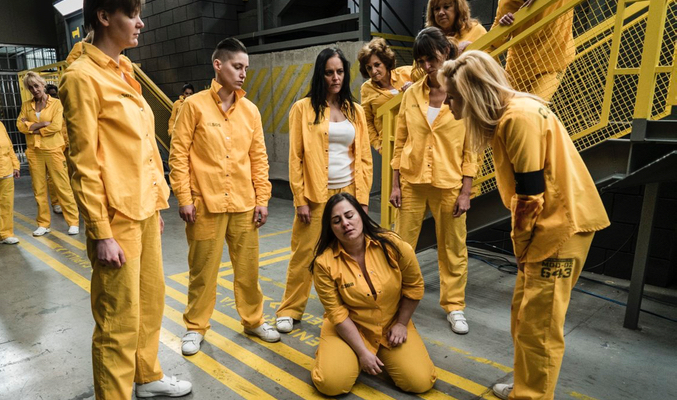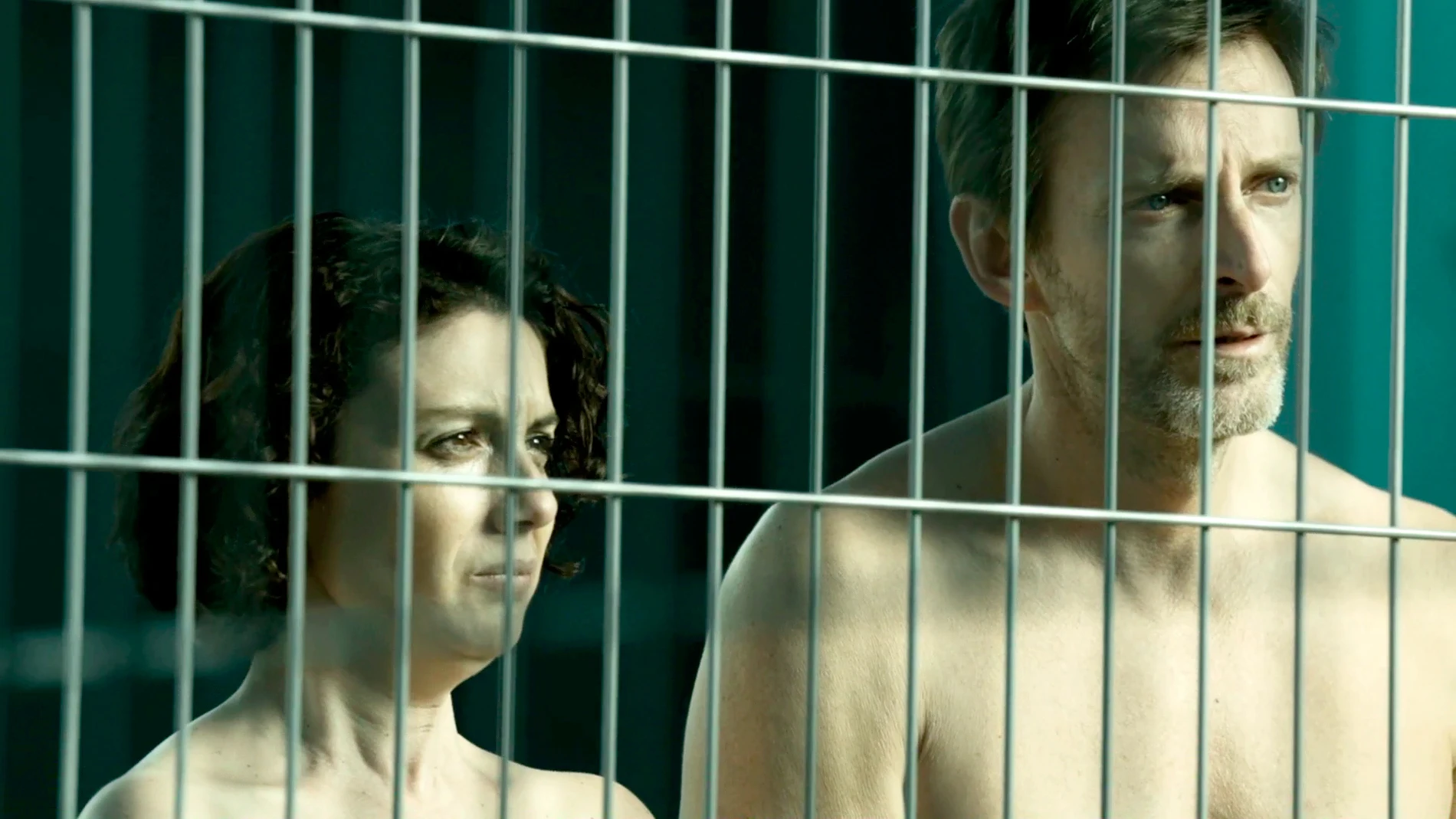:quality(75)/arc-anglerfish-arc2-prod-elcomercio.s3.amazonaws.com/public/V5Q64DZHKFCAFEAD2PKC4E25UI.jpg)
Vis a vis" 4x08 : 'Marea amarilla', el último episodio de Maca, Zulema y compañía | TVMAS | EL COMERCIO PERÚ
:quality(75)/arc-anglerfish-arc2-prod-elcomercio.s3.amazonaws.com/public/VH7EBSQ56RH4LJ7MSPDO52Y4IQ.jpg)
Vis a vis" 4x05 : esto fue lo más comentado del nuevo episodio | SPOILERS | FOTOS | EN VIVO | TVMAS | EL COMERCIO PERÚ
:quality(70)/cloudfront-eu-central-1.images.arcpublishing.com/prisaradio/JMRXRRFAIVORDEP3IVBX6LDKSE.jpg)
Vis a vis', segunda temporada: Las chicas que quieren vestir de amarillo | Ocio y cultura | Cadena SER





















